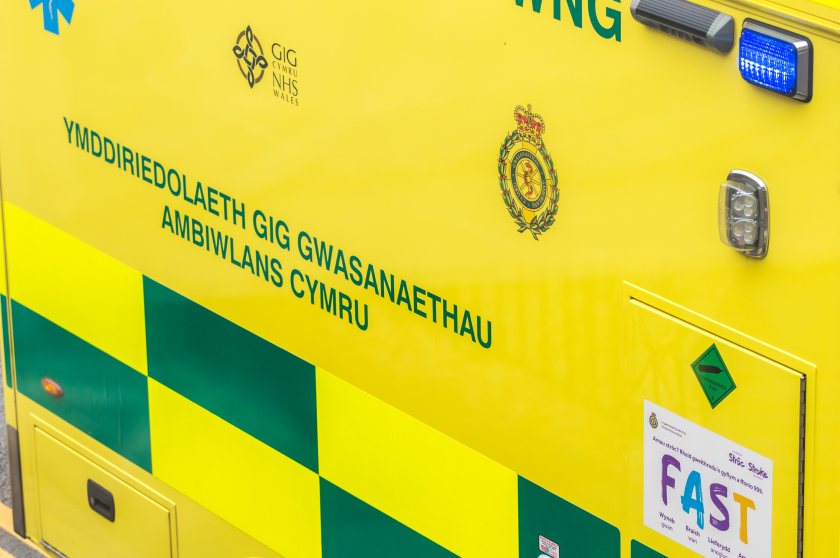
Farmers are being urged to limit close contact between the public and young animals at lamb-feeding events, following a major outbreak of cryptosporidium that affected over 200 visitors earlier this year.
Public Health Wales has published a new report highlighting the risks of allowing visitors – particularly young children – to hold, cuddle, or kiss lambs during these increasingly popular farm events.
The findings show that individuals who had direct contact with lambs were significantly more likely to become ill than those who did not touch the animals.
Dr Christopher Williams, Consultant Epidemiologist at Public Health Wales and co-author of the report, said: “We know that farmers want to run safe, enjoyable events for the general public and that lamb feeding events are increasingly popular, especially with families.
"However, cryptosporidium and other infectious diseases are spread very easily in these environments and they can have serious consequences – particularly among young children who are the most likely to become ill.”
The outbreak, which occurred during the spring, saw over 200 people fall ill, with 18 requiring hospital treatment. Children under the age of ten were found to be four times more likely to contract the infection.
Cryptosporidium is a microscopic parasite found commonly in young livestock. It causes gastrointestinal illness and is passed through contact with infected faeces – even in quantities too small to see.
Vulnerable groups, including young children and people with weakened immune systems, are particularly at risk of severe illness.
The new guidance recommends that lamb and calf feeding should still be allowed, but under strict supervision, with animals remaining behind pen barriers to prevent unnecessary close contact.
Bottle feeding can still be carried out, but without handling or cuddling the animals, as well as better handwashing facilities on site.
Dr Williams emphasised: “This report shows that when young children have close contact with animals like lambs – when they cuddle, kiss or nuzzle their faces – then there is a significant risk of contracting the infection, which can cause serious illness and result in hospitalisation.”
Public Health Wales will present the findings and safety recommendations at the Royal Welsh Show on 24 July, where a dedicated panel event will offer farmers the chance to engage with health experts and regulatory bodies on best practice.
The report also encourages farmers to familiarise themselves with existing public health guidance and to plan ahead early to ensure that their events are both enjoyable and safe.
“Having adequate handwashing facilities on-site is absolutely essential,” said Dr Williams. “We would also like to see farmers make their visitors aware of the risks involved in having close contact with young animals, so that people are educated before they attend.”
